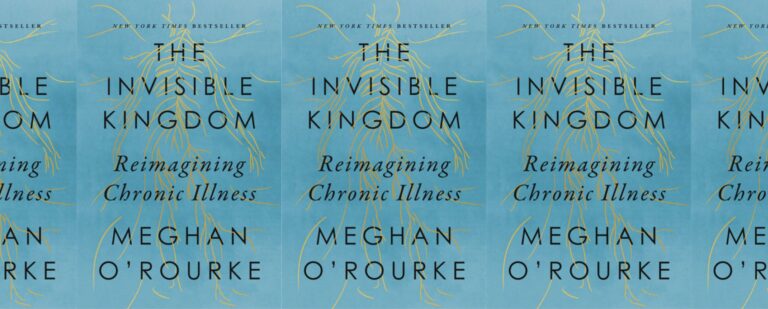Betting on First Books
I thought it had been about three years since I sent my first novel out to agents. Turns out it was six. Like the rest of the world, publishing has changed since 2007. A lot. Fewer publishing houses, less money, more e-books, more blogs, more noise to cut through. My first agent, and first book, didn’t work out as I’d hoped, so it was time to search for agent number two. This time around, the first agent I queried asked for the manuscript. Two weeks later, she sent me a kind rejection, saying: “I’m not having the clarity of vision on how to champion this.”
I’ve since sent out the manuscript again, and a few agents are reading it, but this comment has lodged in my mind. I keep turning it over like a strange coin from a distant country, trying to understand its value. What I’ve gleaned from it (and yes, I am reading too much into it, but bear with me) is that agents are no longer just selling your book: they are pushing, preaching it, crusading for it. They are converting to it, then marrying it. So it stands to reason that they must know in their bones how to convince everyone else to take a chance.
Because first fiction is just that: a chance. J.K. Rowling famously illustrated this phenomenon just last month, when a British paper revealed she had written a very good book under a pseudonym that sold poorly while the so-so book she’d written under her own name went gangbusters. (Since her unmasking, the other book has caught up.)
The same was true decades ago. James Lasdun recently revealed in the New Yorker that he’d rejected a pseudonymous novel by Doris Lessing out of hand, noting that once the true author was found out, “the reader’s report was excoriated by Lessing herself as a reminder of ‘how patronized and put-down new writers are.’”
So, first books are scary, and have been for a long time. Agents and editors need the reassurance of a deep gut feeling that their bet will pay off. Let the rest of the world have its algorithms and big data: this is the way the book business runs, and has since Farrar met Straus and Giroux. It’s about big ideas and beautiful words, emotions and heart. It’s about stories resonating. It’s about Times New Roman and handshake deals. It can’t be quantified.
But, since we’re asking people to give us money for these resonant, unquantifiable stories, books are also a business, and here the outside world has crept in more since I last surveyed the marketplace, demanding that the business change just as the worlds of music and television have before it. (See iTunes, Netflix.) The boogeyman for books is Amazon and—while the company may be dismantling America’s bookstores brick by brick, which is a huge loss for our communities and our culture—I think if they weren’t shaking up the way we sell books someone else would be. It doesn’t make sense anymore to rely on our guts and handshakes.
But we don’t have to turn over the bestseller lists to HAL either. Book publishing is just now wading through the middle ground, trying to strike a better balance between risk and reward.
What role should agents and publishers play in this new landscape? David Mamet recently told the New York Times that he thinks all well-known authors should be self-publishing (through a service offered by his literary agency, ICM Partners, no less). So if big name authors are opting out, agents and publishers should refocus even more sharply on new voices. Clearly unknown writers would gain from this support. Publishers and agents have the credibility, clout, and power to put new voice forward, and to put that muscle where it can make a difference. New authors need an advocate, someone to back us when name recognition alone won’t do. We are prize-fighters. We are three-year-olds running the Derby. We need a cut man and trainer; we need silks and oats.
Unfortunately, it’s less clear why agents and publishers should suddenly take more chances backing risky first books, and it’s hard to see much progress in this area. Instead, books and authors are at risk of becoming even more narrowcast, with each reader finding her niche and directly supporting the writers they enjoy; Kickstarter books and Paypal authors. And in this uncertain environment, the best advice for first book writers may be what that first agent wrote to me: have the clarity of vision to champion your own work, no matter who you are selling it to. Take your own bet. After all, the reason we write is to be read, however that comes to pass.


